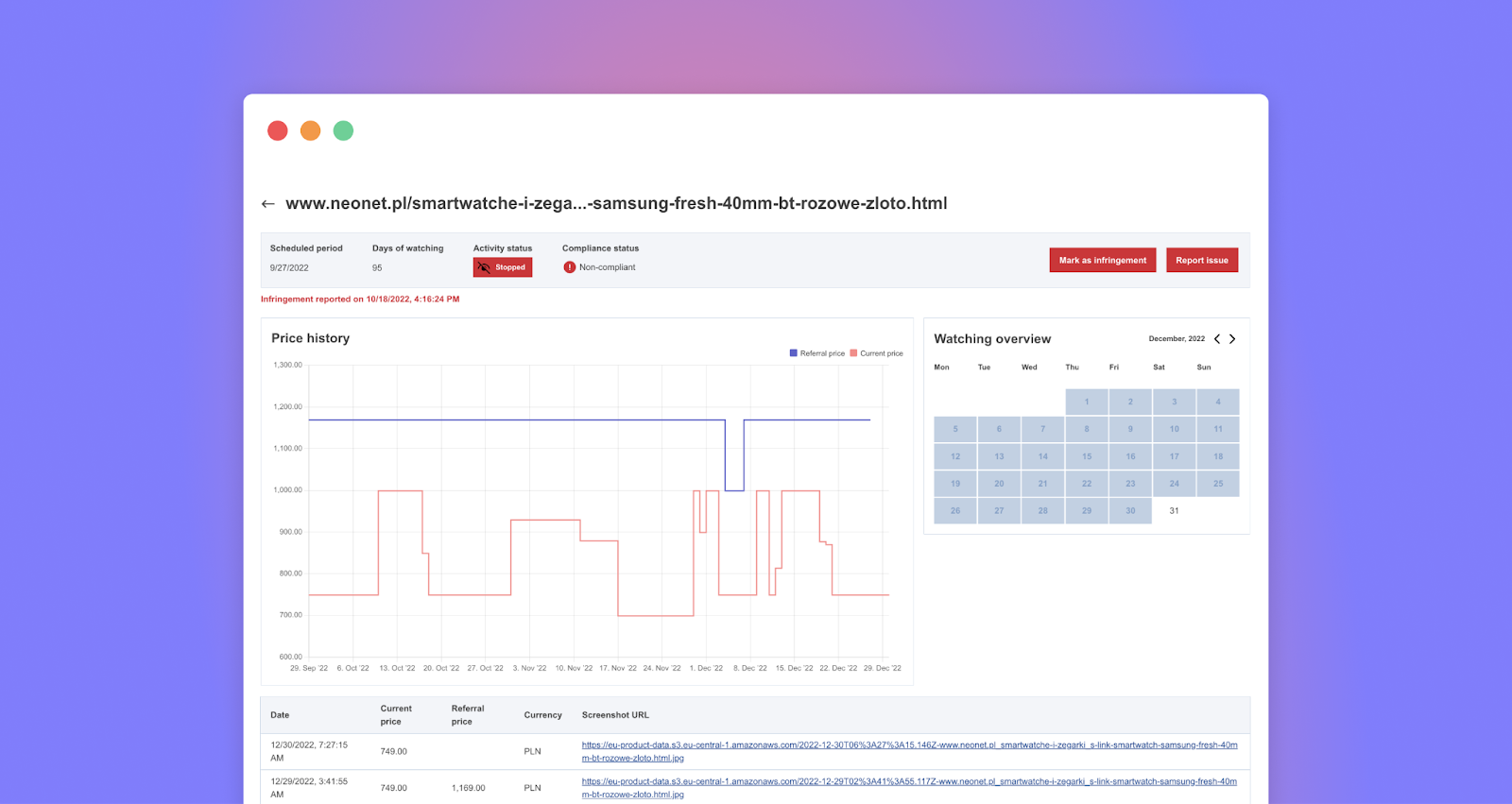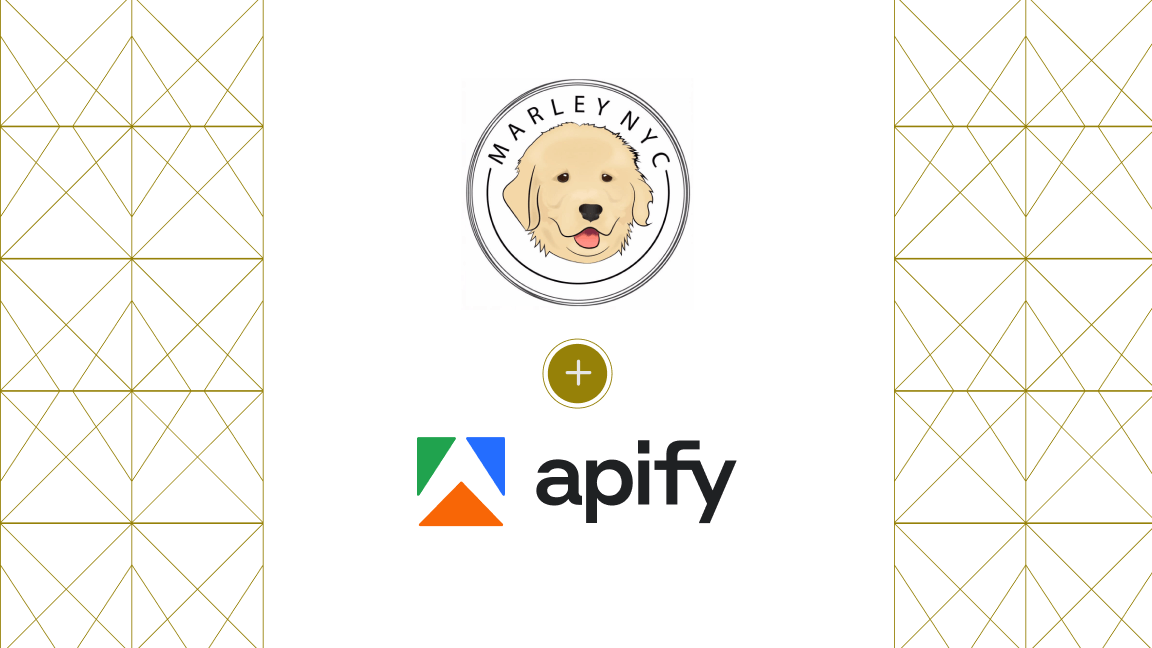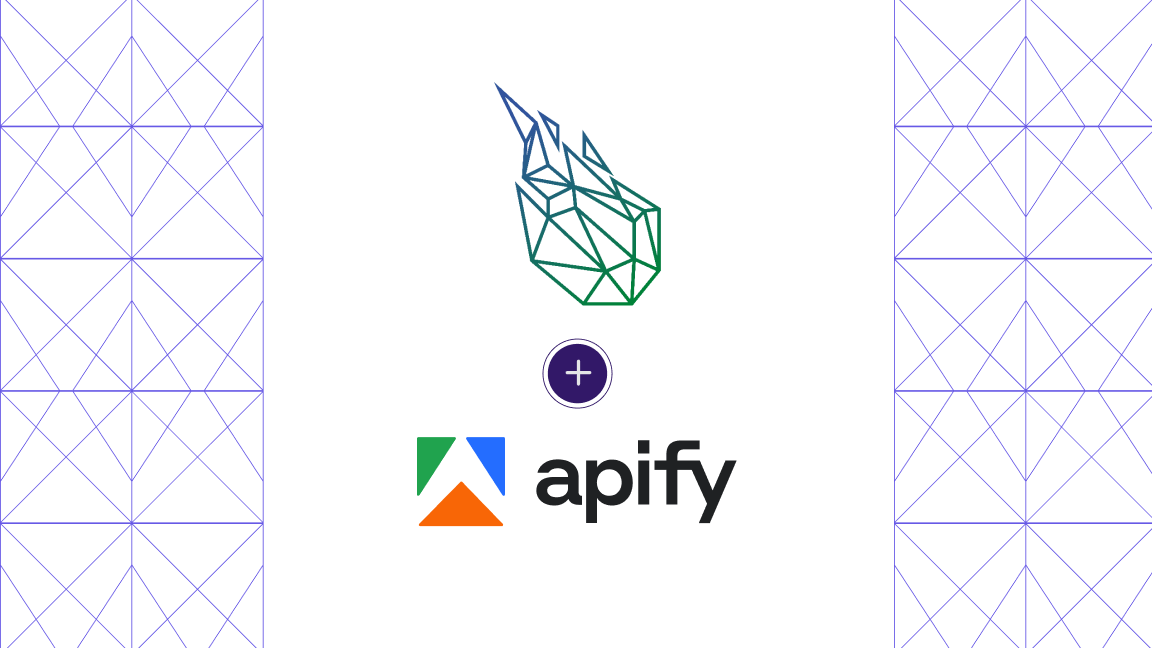Price cuts are supposed to reward shoppers, yet many online “deals” quietly hike the reference price first, creating a discount that never was. To fight the practice, the European Commission added sharp teeth to its consumer-protection rules in 2022, demanding that any advertised saving be measured against the lowest price in the previous 30 days. Detecting violations on a continental scale, however, requires more than random spot checks.
Shop Watcher - a non-profit alliance of Apify, TopMonks, and Keboola - combines industrial-grade web scraping with an AI price extractor. First proven in the Czech Republic, their stack now provides EU and EEA enforcers with timely, courtroom-ready evidence whenever a retailer crosses the line.
Background
- 2014 – present: The European Commission coordinates annual “sweeps” to check online consumer-law compliance.
- 2017: Apify begins using large-scale web scraping to uncover misleading pricing.
- 2018: Apify, TopMonks, and Keboola launch the non-profit Shop Watcher project, showing real-time price-history charts in Czech shoppers’ browsers.
- 2022 Black Friday sweep: The Commission asks the trio to create a pan-European monitoring tool.
As of October 2025, Apify has helped the EU monitor 136,931 products from 1,556 retailers across 24 member states.
Challenge
Monitor 16,000 products on 176 e-shops across 11 EU member states and 2 EEA countries (Iceland, Norway) to identify discounts that violate the new EU Price Indication Directive.
Solution
- Web scraping at scale: Apify’s platform collected current and 30-day pre-sale prices plus full-page screenshots.
- AI price extractor: Automatically detected when a “discounted” price exceeded the lowest price in the previous 30 days.
- Evidence pack: Structured data and screenshots let national authorities build cases within minutes.
We applied our platform and new AI extractor for the Commission. Our earlier Czech work paid off; much of last year’s Black Friday here already complied.
-- Jakub Balada, Co-founder of Apify
Results
43% of monitored stores offered discounts that breached the directive
The tool that Apify and TopMonks developed used artificial intelligence to collect prices for specific products, take screenshots of the relevant web pages, and automatically detect declared discounts that didn’t comply with the new rules.
The AI price extractor monitored prices during Black Friday and 30 days before the sales. In this way, it served a double purpose. On the one hand, it signaled to officials what they should look for; on the other hand, it provided an automated collection of evidence demonstrating behavior inconsistent with EU rules.

The chart above is an example of how breaches of the directive are identified. The blue line in the above chart indicates the product referral price. The red lines are the offered discounted prices that were scraped.
We can see where the infringement of the EU regulation occurred. In early December, the referral price dropped to PLN 1,000, but after a couple of days, it went up again for no apparent reason. That means the items on sale were not being sold at a discounted price, as claimed.
We were able to capitalize on our team's experience and use not only our platform but also our new AI tool for generic price extraction. The results across Europe showed that our work to cultivate the Czech e-commerce environment was not in vain. A large part of Czechia already followed the new directive.
-- Ales Roubíček, Web Developer at TopMonks
The European Commission released the results that the tool delivered. Half of the products monitored were offered at a discount on a Black Friday sale. One in four shops failed to comply with the new rules, with 43% of the monitored stores offering discounts that breached the directive.
The sweep shows many traders still display misleading discounts, and advanced IT tools that leverage AI are key for large-scale enforcement.
-- Marie-Paule Benassi, Head of Consumer Enforcement and Redress Unit, DG Justice and Consumers, European Commission
In 2025, the share of monitored stores offering discounts that breached the directive has risen to 54%, showing that despite broader adoption of compliance tools, violations remain widespread.
Scale-up in 2025
As of October 2025, the same stack is tracking 136,931 products from 1,556 retailers across 24 member states, giving authorities a continuous stream of structured evidence.
Monitoring activity has surged ahead of this year’s Black Friday, with 52,535 active daily scrapes — around five times the usual level. The increased pace reflects how national authorities across Europe are intensifying enforcement efforts during major sales periods.
Next steps
National consumer-protection authorities are already issuing warnings and multi-million-euro fines based on the evidence. Ongoing sweeps aim to make fake “Black Friday” deals and other phantom discounts disappear from the EU market for good.
If you need to collect e-commerce data for product and price monitoring, get in touch with Apify's Professional Services team.






